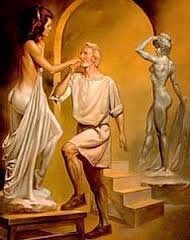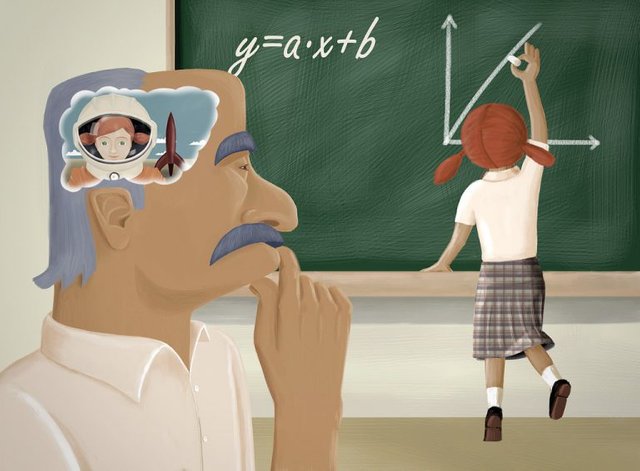
LINK
The Pygmalion effect is directly related to the expectations that other people have about us.
Have you ever been told a word or phrase that motivated you to achieve something you thought was impossible? This is simply the explanation of the Pygmalion effect, which is when the expectations that others have of us directly influence our performance.
Where does this word Pygmalion come from? This concept comes from Greek mythology, Pygmalion was a sculptor who created a statue that was too perfect and fell in love with it. His love for this statue was so great that the gods gave life to that statue. This idea is the symbol of the power of believing in something or someone and how these strong beliefs can simply become reality.

LINK
Let's look at an example: Camila is an average student who never excelled at math. One day, her new teacher was totally convinced that she had great potential, so he began to treat her as if she were an excellent math student. The teacher assigned her more complex challenges than the others and time after time celebrated her achievements by saying: "Camila, I know you can do better."
Camila pushed herself harder every day than the day before, not because she was growing in herself as if she were the best, but because there was someone who was doing it. This led to Camila not only improving her grades in a few months but becoming the best in the class. What changed? The teacher's expectations gave her a dose of confidence and motivation, thus achieving what for her perhaps was not contemplated.

LINK